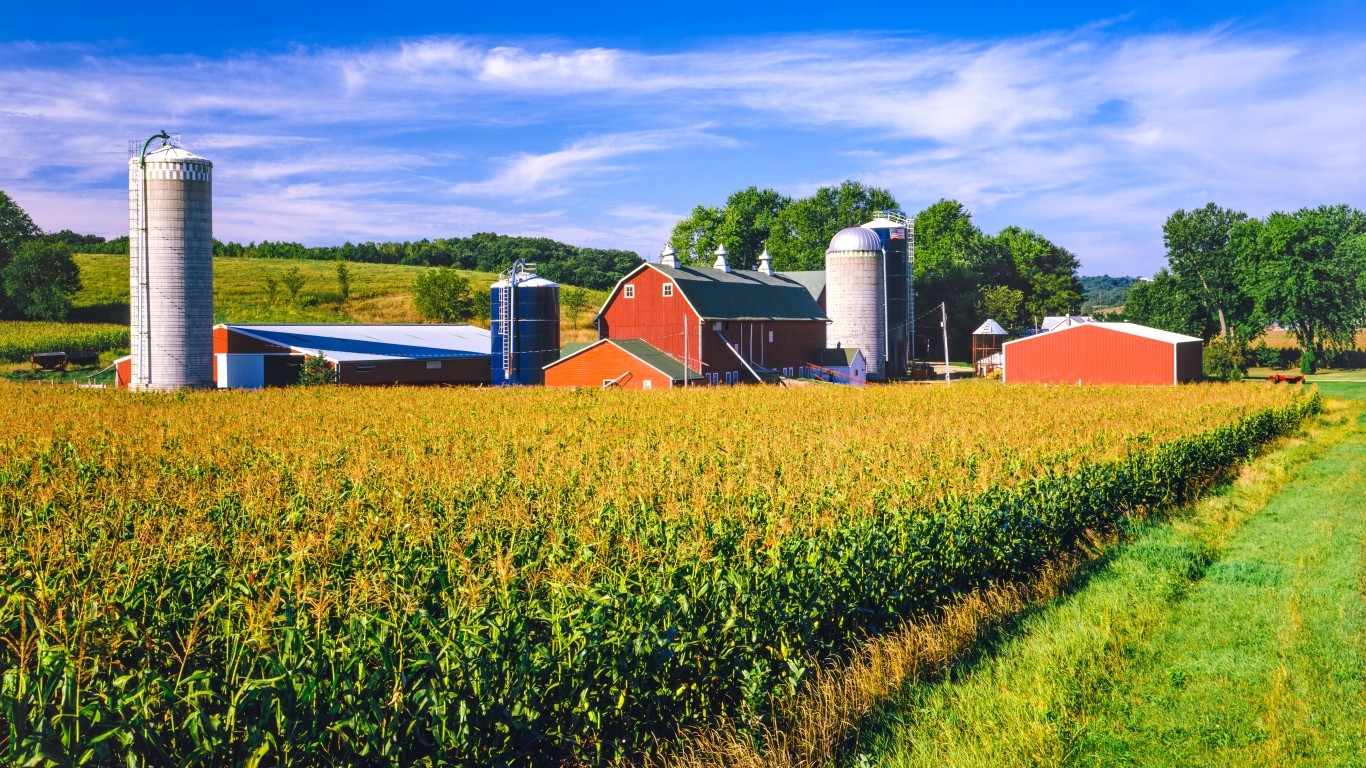
“Eat your veggies!” That mantra has been drilled into Americans since childhood, and most of us are following that sound advice. The Centers for Disease Control and Prevention’s “National Health and Nutrition Examination Survey 2015–2018” revealed 67.3% of adults aged 20 and older said they ate fruit on any given day. For vegetables, the percentage was much higher at 95%. Of course, what one person classifies as a vegetable is flexible. To some, a French fry is a vegetable and a sugary fruit cobbler is healthy because, well, it’s fruit.
Nevertheless, the study suggests a majority of Americans prioritize healthy eating habits. Packed with vitamins and minerals, fruits and vegetables are a staple of a balanced diet. Yet in addition to the nutritional punch these foods provide, we also need to weigh the impact fruits, vegetables, nuts, and other foods have on the environment in terms of water usage and greenhouse gas emissions. You presumably want products good for your health, but also good for the earth. (These are the foods with the worst environmental impact.)
Click here to see foods with a strikingly low impact on the environment
To find the foods with the least environmental impact, 24/7 Wall St. reviewed data from “Reducing food’s environmental impacts through producers and consumers,” a report published by Science magazine in 2018. Researchers covered 43 food products, using data from 2013. Foods are ranked by greenhouse gas emissions (GHG) in kilograms of carbon dioxide equivalents per kilogram (kg) of food product. In addition, we’ve included GHG emissions per nutritional unit as noted; land use and freshwater withdrawal required to produce 1 kg of product. (These are the 40 countries decreasing emissions the fastest.)
An additional factor to consider when picking food products is pesticide use. To prevent pest infestations, fruits and vegetables are often sprayed with chemicals. Whenever possible, go with organic, or in the case of apples, “low-spray” fruit, grown with less harmful agents.





